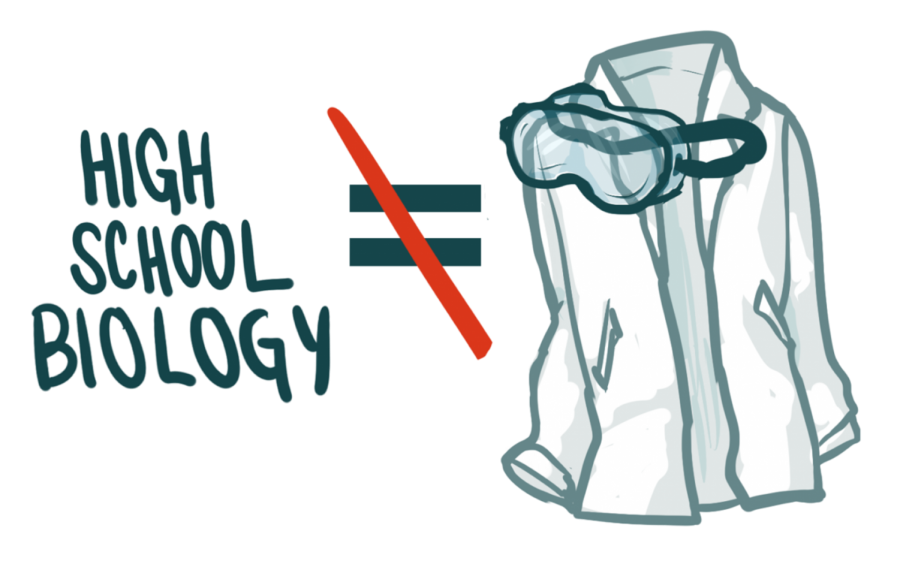Schools are not adequately preparing students for real world jobs
March 30, 2019
A student is required to take 43 credits to graduate at Edina High School. From freshman year to graduation, a student will take a total of 56 classes at EHS. After high school, many students decide to further their education at a four-year college. Upon finishing college, students will enter into their first job or attend graduate school. But, during their 56 high school classes and years of college, do they learn anything that prepares them for a world outside of education? Does our education system provide knowledge for the skills youth need in order to be successful in the real world and in their jobs?
Although students learn a tremendous amount of information in high school, many important life skills aren’t taught. A survey from the U.S. Department of Labor found that there were 750 occupations in 400 industries in the United States. Only a few students will learn skills that they require for their future jobs, such as careers in general subjects such as biology or chemistry. But for the majority of the other students, they are not taught the necessary skills and information needed to be successful in their future career. Many schools are based on the idea of teaching information with the intention to test on memorized facts, while life requires problem-solving skills and good decision making. Instead of students learning skills like how to manage money, negotiate, and communicate in a form vital to future jobs, students learn in a school system where individuals are rewarded based on memorizing information.
Colleges often fall short of fully preparing students for careers they will be entering right after graduation. According to Mission, a digital news source, 30% of college graduates feel that college did not adequately prepare them for their current careers. This is a result of the lack of education on careers available and what is required to successfully work in a said career. Students are often inclined to volunteer or apply at an internship, in order to obtain experience for a possible future career that the education system lacks.
Many college majors are based on a graduation requirement for a specific degree, but there are many careers one could enter with a specific college degree from a university, such as a business or engineering degree. As a result, many students take classes that are required to obtain their desired degree and are overwhelmed by the many career options available to them post-graduation. According to Top Universities, a post-college student with an engineering degree can enter one of seven careers, with numerous jobs in each career. An overall result, many students their education may not have been enough to be fully successful in that career.
Additionally, teachers and professors do not know about all the possible careers in their specialty. For example, a chemistry teacher may have a degree in chemistry, but it is unrealistic to expect that teacher to be able to know and teach all about every career in chemistry. It is unlikely that a high school teacher would know all the possible careers that can be obtained with their specific degree involving the skills needed to be successful in each specific job. College professors experience the same challenge. It is unrealistic to expect teachers to provide all the skills needed for each job in their fields.
Depending on the degree of post-high school learning, students spend nearly 13 to 21 years in education, where they are expected to learn all they can to enter in their desired career. It is not impossible for a student to obtain the knowledge to be fully successful in their careers through their many years of schooling. Although, in our current education system, schools are keeping that possibility out of reach. Because the school system is based on educating every student in a mass setting versus highly individualized learning.



